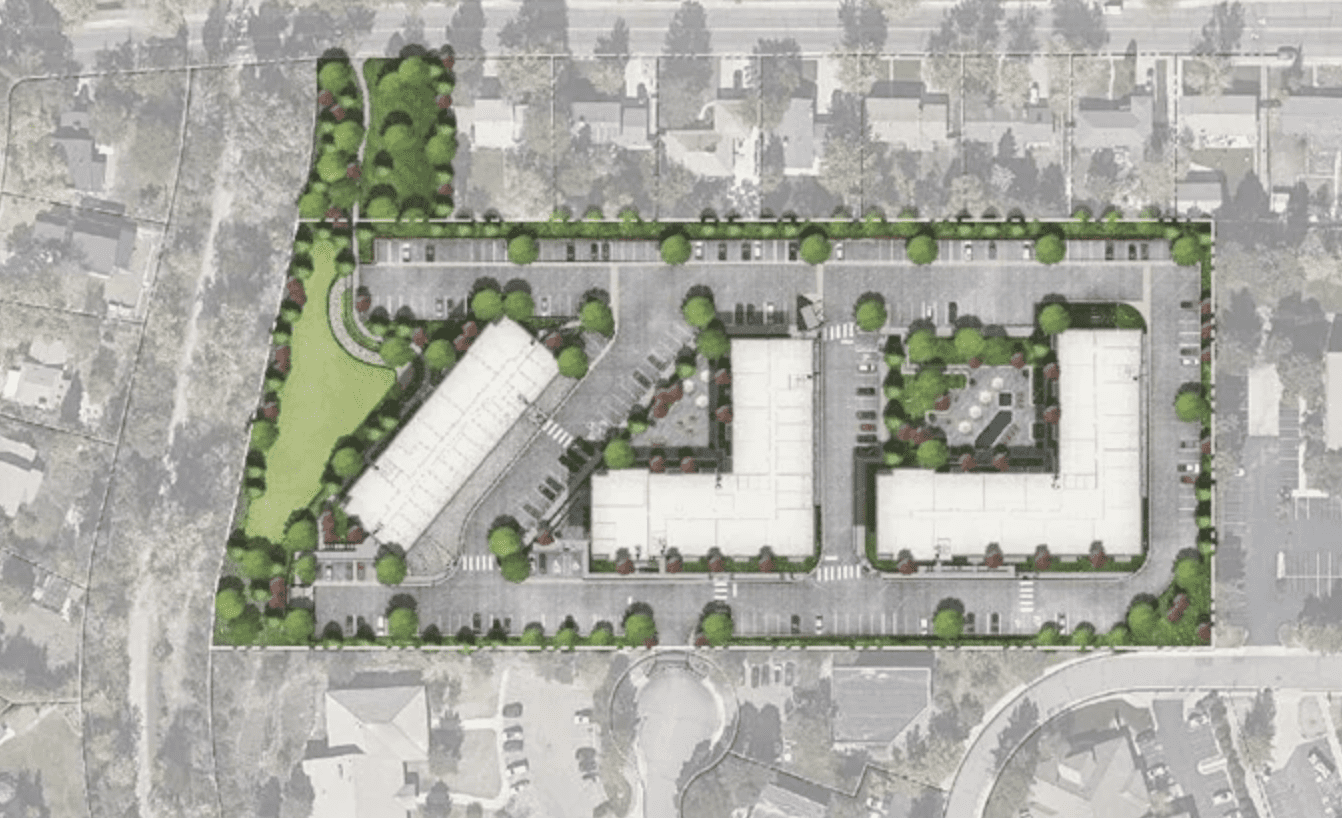The rapid rise of generative artificial intelligence (AI) is reigniting interest in its applications across commercial real estate. Beyond well-documented use cases in financial analysis, market research, and customer service, AI is driving significant productivity gains in logistics and industrial real estate.
A new study from the NAIOP Research Foundation, “From Static to Strategic: AI’s Role in Next-Generation Industrial Real Estate,” explores how AI is transforming industrial real estate, unlocking new efficiencies across development, operations and asset performance. From accelerating site selection and building design to optimizing warehouse layouts and deploying advanced robotics, AI is streamlining processes, reducing costs, and boosting productivity across the sector.
Key insights from the report include:
- New AI applications for commercial real estate can lower costs and shorten timelines at each stage in the development process, including site selection, building design, and interior buildout.
- The warehouse automation market, including warehouse drones, robots, autonomous warehouse vehicles and automated storage and retrieval systems, is experiencing explosive growth. Advances in AI are increasing the capabilities and productivity of these automated systems.
- The overall impact of AI on future industrial space demand is still uncertain. More efficient automated marketing could drive growth in e-commerce sales, but related growth in demand may be offset by increased building and supply chain efficiencies that reduce the amount of space needed to service these sales.
- Developers aiming to support AI-enabled automation, such as advanced robotics, should plan for the additional infrastructure these systems require, including increased power capacity, network connectivity, power redundancy, and enhanced temperature control.
“AI will revolutionize the way industrial real estate is developed, utilized and managed,” said Marc Selvitelli, CAE, president and CEO of NAIOP. “From self-optimizing factories to intelligent buildings capable of real-time interaction, this report highlights the extraordinary potential ahead.”
“From Static to Strategic: AI’s Role in Next-Generation Industrial Real Estate” is authored by Steve Weikal, a lecturer, researcher and the industry chair of the MIT Real Estate Transformation Lab; and James Robert Scott, a lecturer and research scientist who leads the MIT Real Estate Transformation Lab.
Weikal and Scott also authored the 2020 NAIOP Research Foundation report, “The Evolution of the Warehouse: Trends in Technology, Design, Development and Delivery,” which examined how emerging building and logistics technologies were reshaping warehouse and distribution center development and operations.








